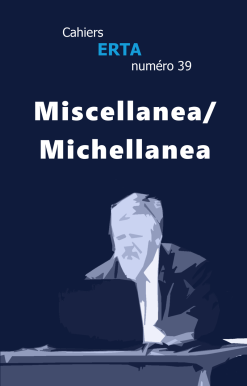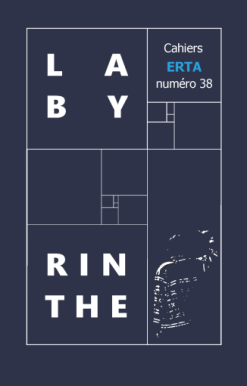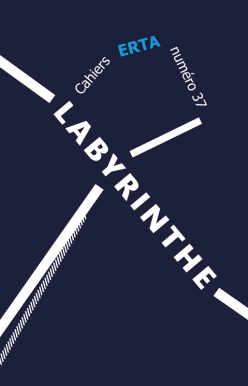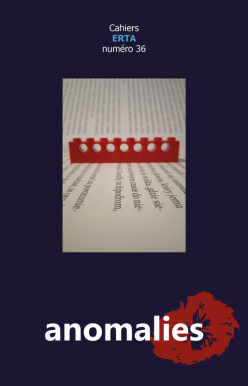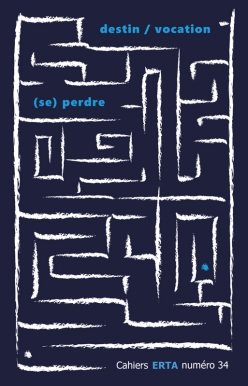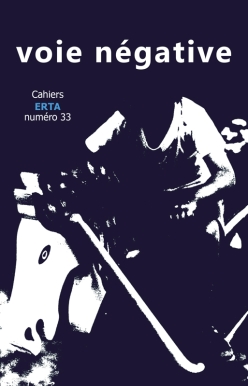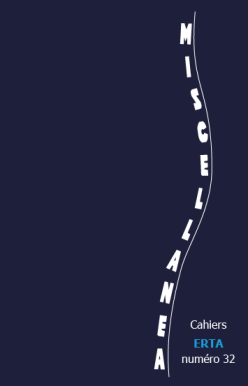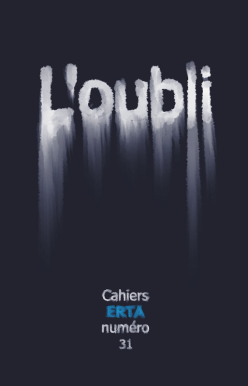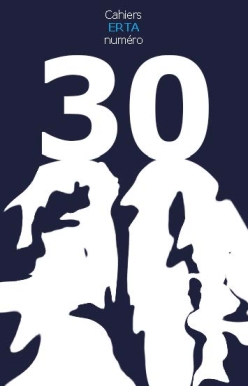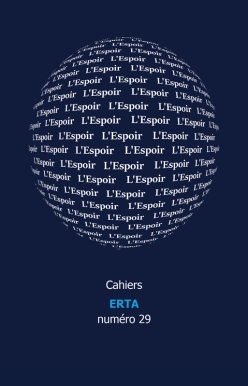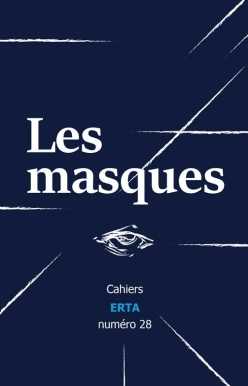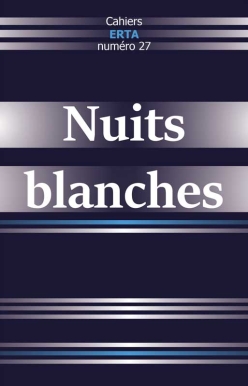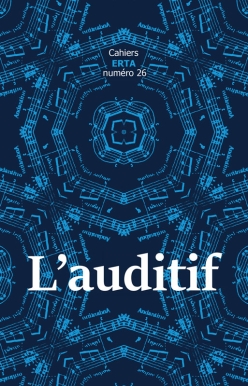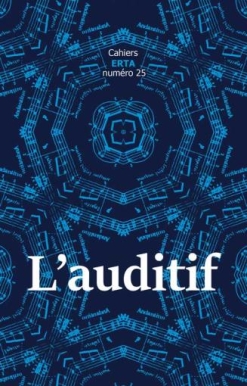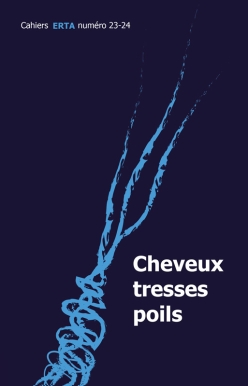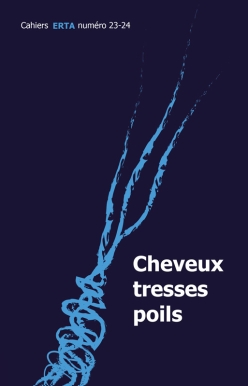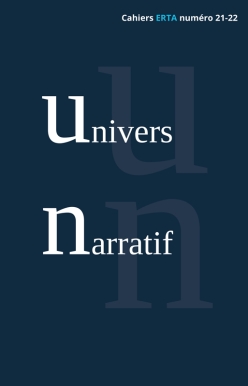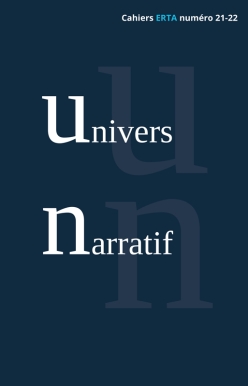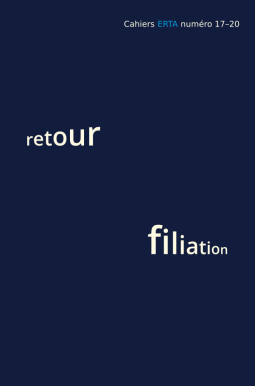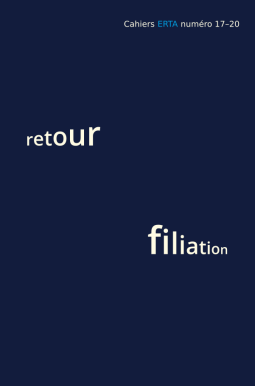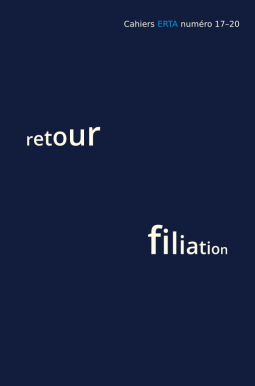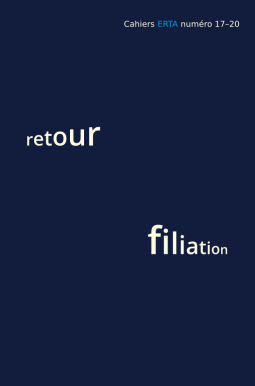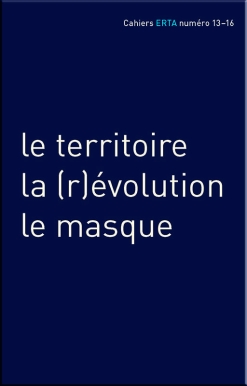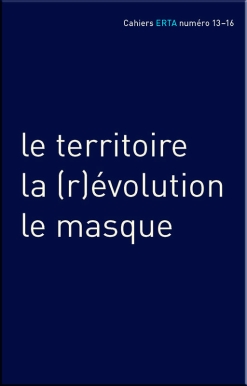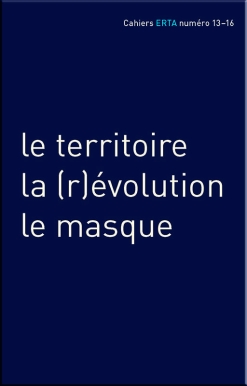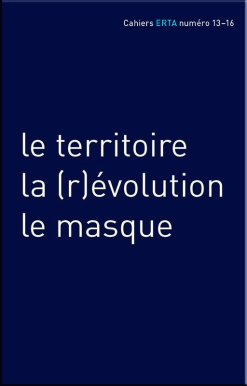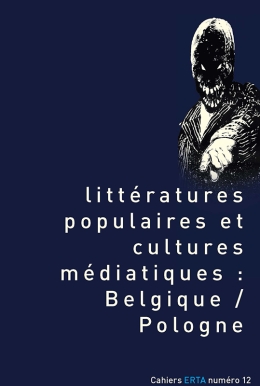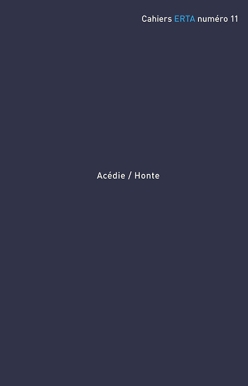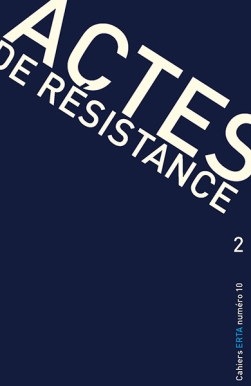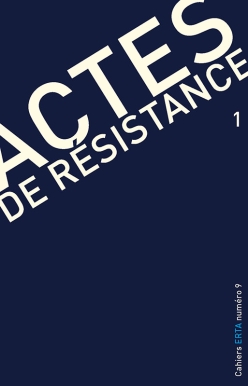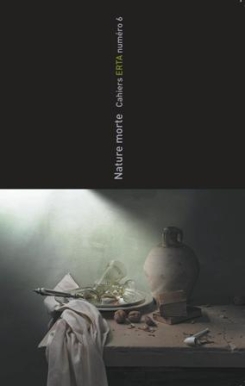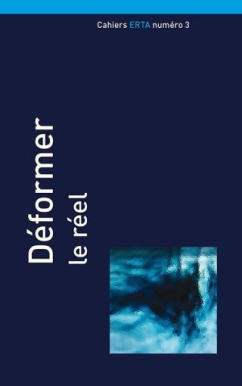Catulle Mendès was a nineteenth century French poet, novelist, librettist, literary and music critic, very famous at his times but unjustly depreciated by the next generations. The paper reminds the sphere of his activity that should never be forgotten: Mendès appears first of all as one of the main figures of the early French Wagnerism. Born in Bordeaux on the 22nd May 1841 (twenty eight years to the day after the German Master!), he got to know Richard Wagner in Paris in 1860 where the composer was giving his three famous concerts at the Italian Theatre (Théâtre-Italien) and obtained, thanks to Princess Pauline Metternich, the chance to perform his opera Tannhäuser at the Paris Opera. Twentyyear- old Mendès invited Richard Wagner to cooperate with the periodical that he had just founded, La Revue fantaisiste. However Wagner hasn’t published any text in La Revue fantaisiste. Disgusted by his Tannhäuser’s failure in Paris, he left the French capital soon. Catulle Mendès missed the good occasion to create the first French « revue wagnérienne ». Firstly, his journal’s reaction to the scandal at the Paris Opera was very terse. Secondly, Auguste de Gasperini’s study of Wagner’s operas, announced by Mendès, was going to be published not in La Revue fantaisiste, but in Le Ménestrel, the most antiwagnerian French journal of these times. Thirdly, the number of texts on music in general and on Wagner in particular published by the journal founded by Catulle Mendès was extremely small and didn’t reflect in any way his musical or Wagnerian fascinations. A few years later, in summer 1869, Catulle Mendès with his wife Judith Mendès, née Gautier, and their friend Auguste Villiers de l’Isle-Adam paid a visit to Richard Wagner in Tribschen. It was a crucial moment for the development of their wagnerism. In September 1869 they observed in Munich the conflict between the composer and his patron, the king Ludwig II of Bavaria who wanted the first part of Wagner’s Tetralogy The Ring of the Nibelung, The Rhine Gold, to be performed then in Munich, despite the opposition of the author who preferred to keep all the parts of his monumental cycle for the new opera house that he was intending to construct as soon as possible somewhere in Bavaria. In 1879 Catulle Mendès wrote un roman à clef, a novel with a key, entitled Le Roi vierge – The Virgin king portraying the king Ludwig II of Bavaria and his complex relationship with Richard Wagner. This novel’s distribution in Bavaria was formally prohibited by the King who hadn’t appreciated its literary quality and his own portrait « painted » by the French writer. Responding to the King’s resolution, Catulle Mendès in 1886, a few months before Ludwig’s mysterious death, published another text à clef on Ludwig II of Bavaria and Richard Wagner. The short text entitled L’Épître au roi de Thuringe (The Epistle to the king of Thuringia) reflects their conflict of 1869 and enhances the role of a group of French Wagner’s admirers supporting the German composer in his struggle against his patron’s despotism. These two texts, Le Roi vierge and L’Épître au roi de Thuringe, are thoroughly analyzed by the author of the paper as literary expressions of Catulle Mendès’s Wagnerism.


